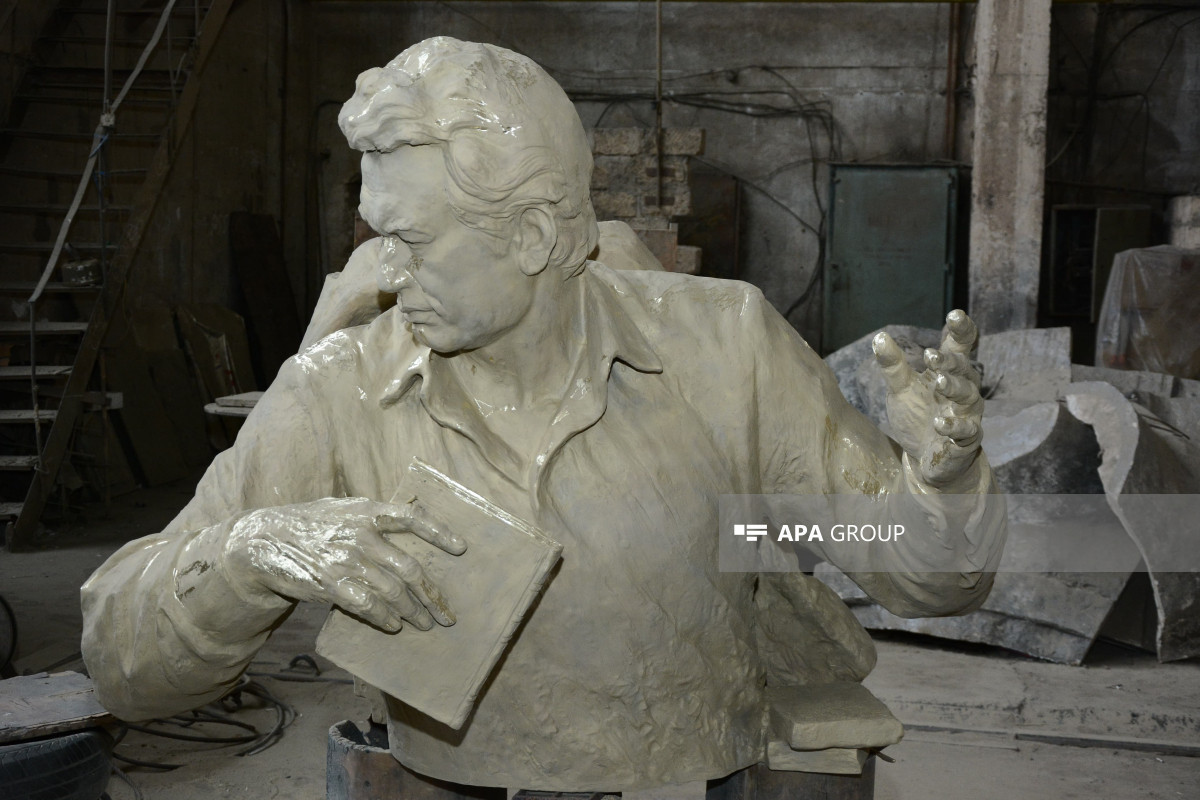Emilia Clarke had said she put pressure on herself "to feel normal" after suffering a stroke as she backs NHS drive to improve stroke care for young people, APA reports citing The Telegraph.
The Game of Thrones star shocked fans earlier in the year when she revealed she had suffered a life-threatening stroke eight years ago. The star had kept the news of her illness from the national spotlight but said she continued to pressure herself “to feel normal” and “that strain exhausted me more than anything, forcing myself to feel okay.”
Now, the actress, who played the Mother of Dragons, Daenerys Targaryen, on the show, is backing an NHS drive to improve stroke care for young people.
Clarke, who is an ambassador for the Royal College of Nursing (RCN), is supporting a programme to train more nurses to become specialists in neuro rehabilitation.
The plan will improve stroke care for those aged 18 to 40, both in the private sector and the NHS.
In March, Clarke, who plays Daenerys Targaryen in the fantasy TV series, told how she experienced a potentially fatal brain haemorrhage in 2011.
She suffered a subarachnoid haemorrhage - a rare but life-threatening type of stroke - and underwent surgery.
Clarke then launched SameYou, a charity aimed at supporting young people with brain injuries and helping them access resources to aid recovery.
Now, she is backing the RCN's nurse training programme, plus wider NHS plans to expand the number of centralised expert stroke teams.
The Royal College of Nursing Foundation will partner with SameYou to lead the rollout of a new education programme for nurses from 2020.
Clarke, 32, said: "I have an incredibly personal experience with nurses. There's currently a lack of eyes on brain injury recovery.
"It's the thing that brings people back to life. It's the thing that gives people back their life.
"With specialist nurses, I know people can get back to themselves.
"Stroke is something you never expect to happen, especially not in your 20s and 30s, but it is remarkable how often it is happening to young people.
"When you're a young person experiencing it, the mental health aspects go unnoticed and that's what I experienced.
"You need to be treated as a fully-rounded person and not just a list of symptoms.
"I was cared for by two specialist nurses, but I saw where the gaps were and where I had to help myself.







